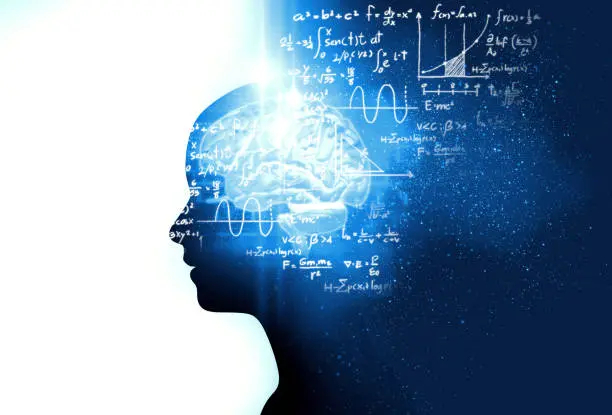
The Psychology of Decision-Making: Understanding Human Behavior in Choices
- Admin
Decision-making is a fundamental aspect of human behavior, influencing every aspect of our lives from the mundane to the profound. Yet, the process of decision-making is often complex and influenced by a multitude of factors, including cognitive biases, emotions, and social influences. In this article, we delve into the psychology of decision-making, exploring the underlying mechanisms, common biases, and strategies for making better choices.
The Science Behind Decision-Making:
Decision-making is governed by a combination of cognitive processes, including perception, reasoning, and judgment. Research in cognitive psychology has revealed that decision-making is not always rational or logical; instead, it is often influenced by heuristics, or mental shortcuts, that help individuals make quick judgments in complex situations. Understanding these underlying cognitive processes is crucial for unraveling the mysteries of decision-making.
Common Biases and Heuristics:
Despite our best intentions, humans are prone to various cognitive biases and heuristics that can lead to suboptimal decision-making. Some common biases include confirmation bias, where individuals seek out information that confirms their preexisting beliefs, and availability heuristic, where people base their judgments on readily available information rather than objective probabilities. Recognizing these biases is the first step towards mitigating their impact on decision-making.
Emotions and Decision-Making:
Emotions play a significant role in decision-making, influencing our preferences, risk tolerance, and choices. Research in behavioral economics has shown that individuals often make decisions based on emotions rather than purely rational considerations. For example, fear of loss may lead to risk aversion, while excitement may lead to impulsivity. Understanding the interplay between emotions and decision-making can help individuals make more informed and balanced choices.
Social Influences and Decision-Making:
Humans are inherently social beings, and our decisions are often influenced by the behavior and opinions of others. Social influences such as conformity, peer pressure, and social norms can shape our decision-making processes, sometimes leading to decisions that deviate from our individual preferences or values. Recognizing the impact of social influences can empower individuals to make decisions that align with their goals and values rather than succumbing to external pressures.
Strategies for Better Decision-Making:
While decision-making can be fraught with challenges, there are strategies that individuals can employ to improve their decision-making skills. These include gathering relevant information, considering multiple perspectives, weighing the pros and cons, and seeking feedback from others. Additionally, techniques such as mindfulness and reflection can help individuals cultivate greater self-awareness and make more deliberate and thoughtful choices.
Conclusion:
In conclusion, the psychology of decision-making is a rich and complex field that sheds light on the intricacies of human behavior. By understanding the underlying cognitive processes, biases, and social influences that shape our decisions, individuals can make more informed and effective choices in their personal and professional lives. Join us as we explore the fascinating world of decision-making psychology and uncover the secrets to making better decisions.
